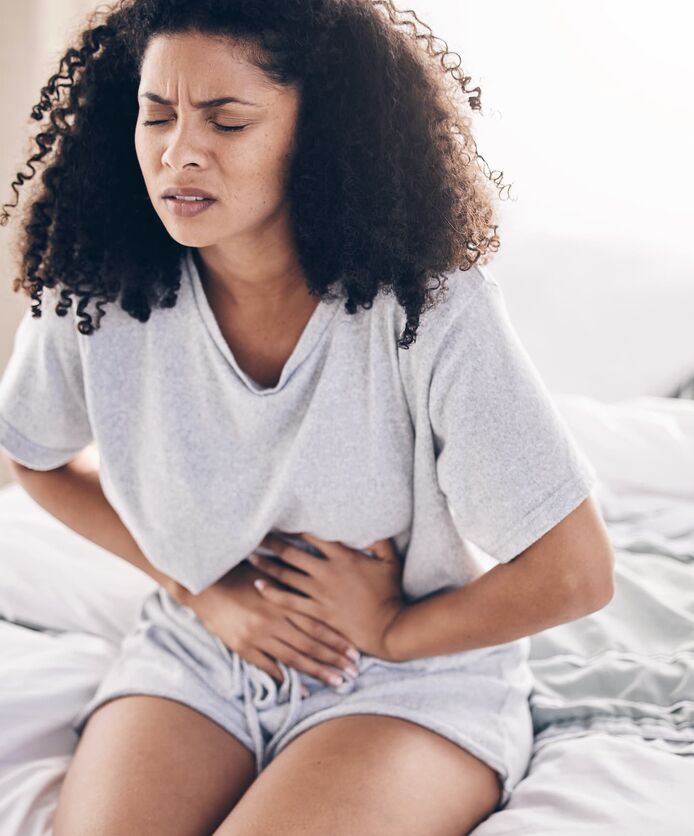Are painful periods a sign of good fertility?
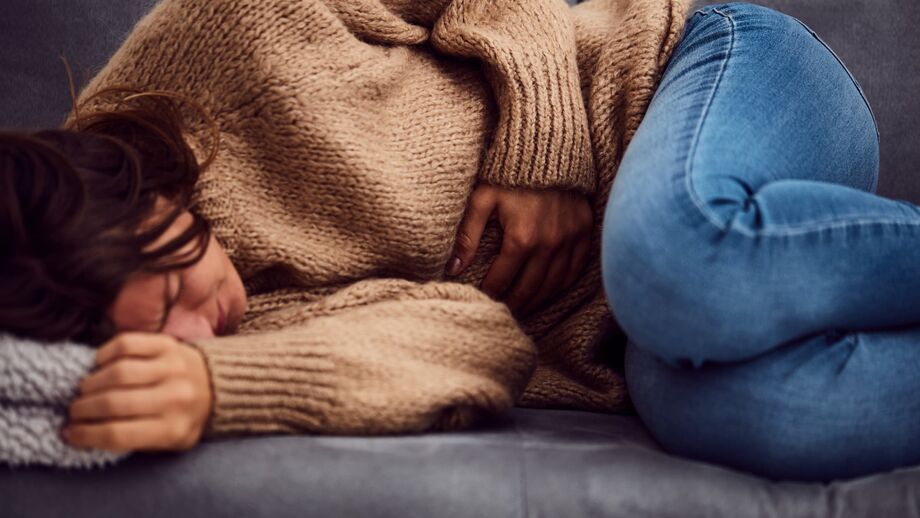
If you’re experiencing period pain, it can be tempting to comfort yourself with the notion that you’ll be rewarded in the end - in this case, rewarded with good fertility. The idea that period pain is a sign of good fertility is one that has been rumoured widely - but is there any truth to it?
Do painful periods signify good fertility?
Unfortunately, research has yet to find a link between painful periods and good fertility - but that’s not to say that period pain, also known as dysmenorrhoea, is always an indicator of poor fertility. In fact, the truth is that the reason behind your painful periods can help to determine whether or not your fertility will be impacted in any way.
It’s important to remember that making predictions about your fertility based solely on your experience of period pain may not be accurate. If you’re at all concerned about your fertility, it’s best to speak to your GP, who may be able to advise you on how you can get a more accurate insight into your prospects.
What causes painful periods?
Painful periods can be caused by a number of factors which may or may not also impact your chances of conceiving a child. Finding the cause of your painful periods can help you to learn more about your fertility, as well as potentially making it easier for you to find treatments that prevent or alleviate your period pain[1] . Keep reading to learn more.
The natural contraction of the womb during menstruation
First, let’s begin with the most innocuous option: that your period pain is caused by nothing more than the natural contractions of your uterus as it attempts to expel the womb lining. This is known as primary dysmenorrhoea because it isn’t caused by an underlying condition. Other types of period pain that are caused by underlying conditions are known as secondary dysmenorrhoea.
In this case, it isn’t believed that period pain has any impact on fertility at all, as it’s simply a natural part of your menstrual cycle. However, this doesn’t mean you will definitely have good fertility - just that your period pain isn’t likely to be affecting it.
Endometriosis
Endometriosis is one example of an underlying health condition that can cause painful periods. It’s characterised by tissue similar to that found in the lining of the womb growing elsewhere in the body, typically around the fallopian tubes or ovaries. This condition is long-term and can affect anyone who menstruates, but there are treatment options that can help you to manage the symptoms.
Other signs of endometriosis include:
● Pain similar to period pain at other times in your cycle
● Constipation, diarrhoea or nausea during your period
● Heavy periods
● Pain during or after sex.
Unfortunately, it is possible that endometriosis can negatively impact your fertility. When endometrial (womb) tissue grows on the fallopian tubes or ovaries, it can damage them, which may lead to problems in conceiving.
If you suspect you might have endometriosis, it’s important to speak to your GP who can help you to find out if that’s the case. If necessary, they will be able to help you with accessing treatment and learning more about the extent, if any, to which your fertility may be affected.
Fibroids
Fibroids are non-cancerous growths which typically appear in or around the uterus. They can vary in size and are usually made up of muscle and fibrous tissue. In many cases, women who have fibroids are completely unaware of the fact due to being asymptomatic (not presenting with symptoms). However, if you’re one of the 1 in 3 women with fibroids who do have symptoms, the condition can cause painful periods.
Other possible symptoms of fibroids include:
● Heavy periods
● Needing to pee more often
● Constipation
● Discomfort or pain during sex.
Fibroids aren’t guaranteed to have an impact on your fertility, but they can do so if you have large ones. In some cases, the fibroid can prevent fertilised eggs from attaching themselves to the lining of the womb, or even block the sperm from reaching an egg. In other cases, large fibroids that form on the muscular inner wall of the womb and grow into the cavity within (submucosal fibroids) may fully or partially block a fallopian tube. This is the tube that carries eggs from your ovaries into your uterus, so an obstruction could make it harder for you to become pregnant.
If you suspect you have fibroids, speaking to a GP can help you to receive a diagnosis and learn more about the available treatment options, both for managing the condition day-to-day and for improving your chances of conceiving.
Pelvic inflammatory disease (PID)
Pelvic inflammatory disease is a condition often caused by a sexually transmitted infection (STI). It doesn’t always cause obvious symptoms, but can lead to period pain, as well as:
● Pain or bleeding during sex and between periods
● Pain when peeing
● Heavy periods
● Unusual vaginal discharge.
PID can cause scarring and damage within the fallopian tubes which may make it harder for you to ovulate and conceive. This is a lasting impact, so it’s possible that you may struggle to conceive long after the infection has been resolved. It’s also the case that repeatedly getting pelvic inflammatory disease increases the chances of damage.
If you think you might have an STI or PID, it’s important to see a doctor sooner rather than later to access treatment, as delaying this can also increase your risk of long-term or serious complications.
Intrauterine devices (IUDs)
Intrauterine devices (IUDs) are usually fitted to solve a problem rather than cause one, but it is the case that they can sometimes cause period-like pain and discomfort in the first few months of use. This may improve as your body adjusts to the change, or you may prefer to use an alternative form of contraception.
As a contraceptive device, an IUD is fitted primarily in order to reduce your risk of conceiving - so your immediate fertility is highly likely to be impacted by having one. However, in the majority of cases, you should be able to conceive straight away after having your IUD removed. Unfortunately, there is a small risk of damage to the uterus during the fitting and removal of an IUD which could impact your fertility.
Overall, painful periods shouldn’t affect your fertility so long as they have a natural cause. But if you think your periods are more painful than they should be or you suspect they are caused by an underlying condition, infection or injury, it’s important to see a GP sooner rather than later so you can access treatment and advice to better understand the impact on your fertility.
Sources:
- https://www.nhs.uk/contraception/methods-of-contraception/iud-coil/what-is-it/
- https://www.nhs.uk/conditions/fibroids/
- https://www.nhs.uk/conditions/pelvic-inflammatory-disease-pid/
- https://www.nhsinform.scot/healthy-living/womens-health/girls-and-young-women-puberty-to-around-25/periods-and-menstrual-health/period-pain-dysmenorrhoea/
- https://www.nhs.uk/conditions/period-pain/
- https://www.nhs.uk/conditions/infertility/causes/
- https://www.nhs.uk/conditions/endometriosis/
- https://www.nhs.uk/conditions/fibroids/complications/
- https://www.nhs.uk/contraception/methods-of-contraception/iud-coil/side-effects/
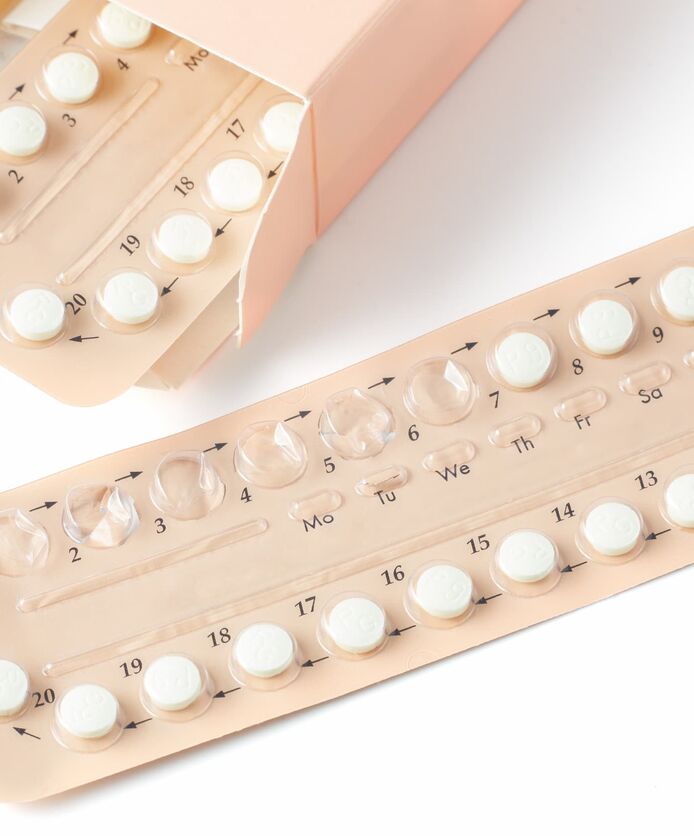
Which contraceptive pill is best?

How to get rid of flu
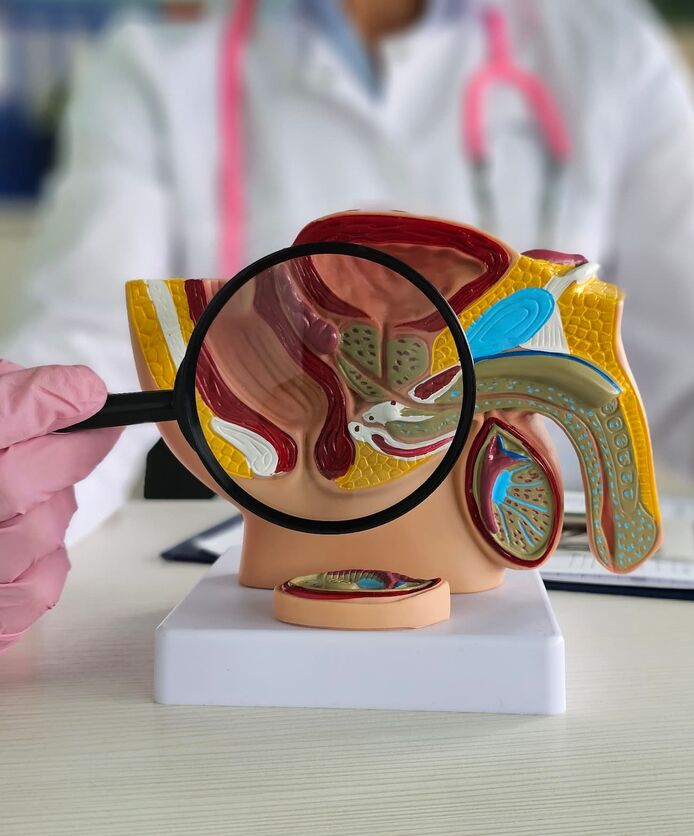
What causes erectile dysfunction?

What are the symptoms of flu?
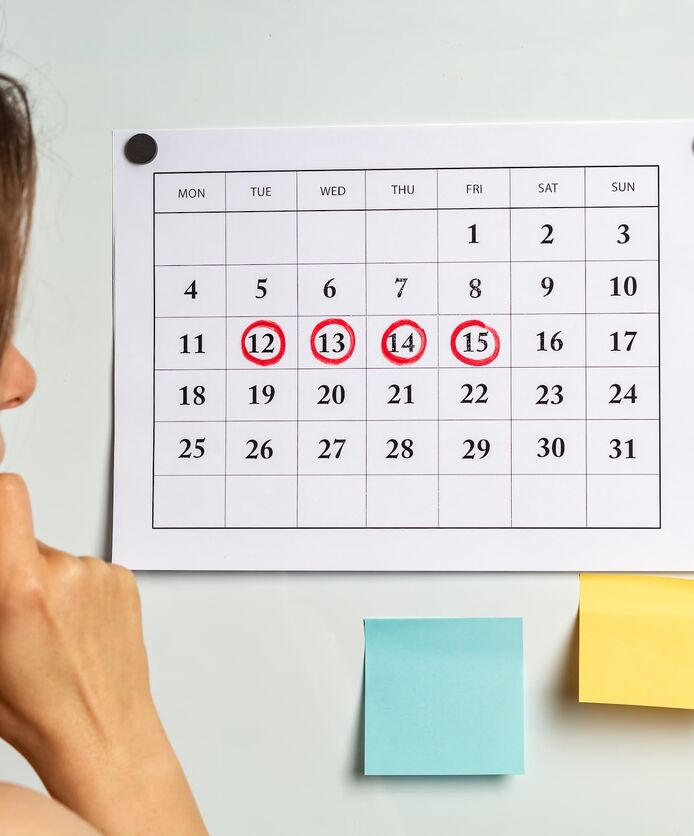
How to delay your period
